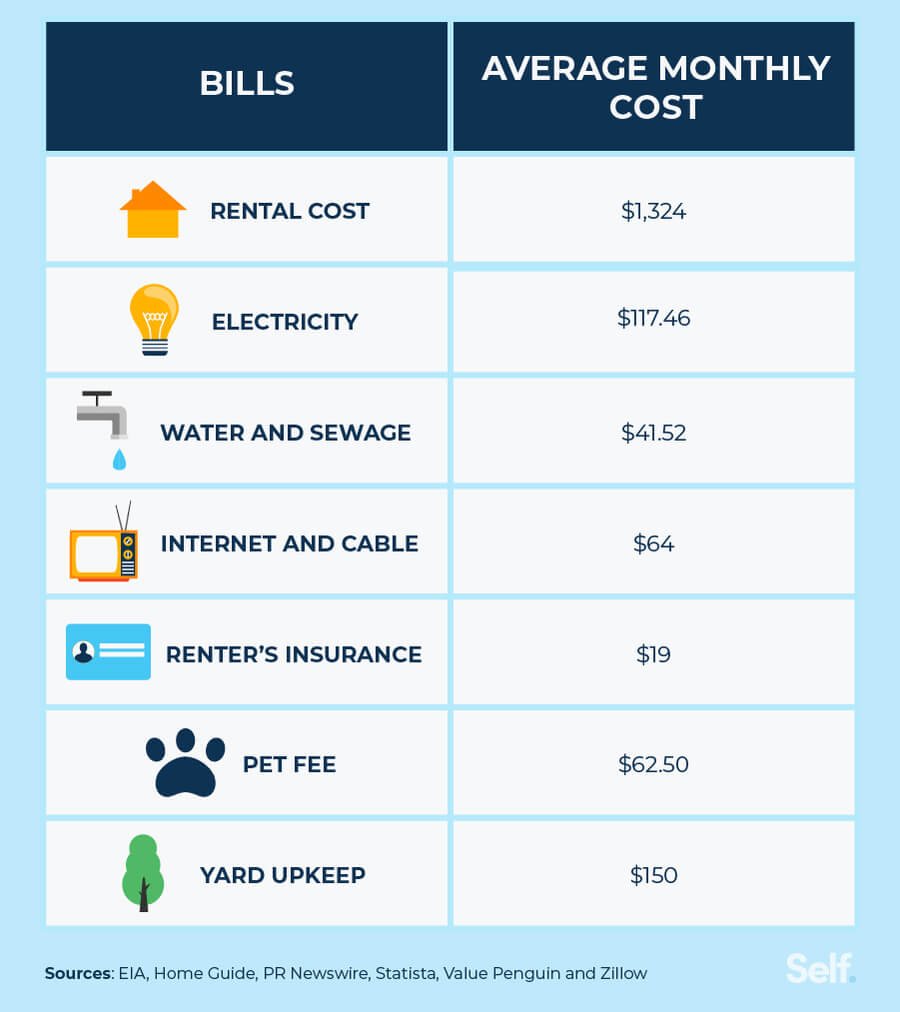“When renting an apartment, what do you pay upfront? The answer lies in understanding the initial costs involved. Before moving in, tenants typically need to budget for a security deposit, first month’s rent, and possibly last month’s rent. These upfront expenses can vary depending on the rental agreement and location. Let’s delve into the specifics of what to expect when renting an apartment and how to prepare financially for the process.”
When Renting an Apartment: What Do You Pay Upfront?
Welcome to our guide on renting an apartment and understanding the upfront costs associated with it. Renting your first apartment can be an exciting yet overwhelming experience. One of the important aspects to consider is what you need to pay upfront before moving in. In this article, we will break down the various expenses you may encounter when renting an apartment, helping you navigate through the financial aspect of this process.
Security Deposit
One of the most common upfront payments when renting an apartment is the security deposit. This amount is paid to the landlord to cover any potential damages to the property during your tenancy. Security deposits typically range from one to two months’ rent, but this can vary depending on the landlord or the rental market in your area.
It’s important to carefully review your lease agreement to understand the terms and conditions related to the security deposit. Make sure you document the condition of the apartment before moving in to avoid any disputes when it’s time to move out.
First Month’s Rent
In addition to the security deposit, you will also need to pay the first month’s rent upfront before moving into the apartment. This payment covers your initial month of occupancy and is typically due at the lease signing. Make sure you have this amount ready along with the security deposit to secure the apartment you want.
Application Fee
When applying for an apartment rental, many landlords or property management companies require an application fee. This fee covers the cost of processing your rental application, including background and credit checks. Application fees can vary in amount but are generally non-refundable, so be prepared to pay this cost when submitting your rental application.
Pet Deposit/Pet Rent
If you have pets, you may need to pay additional deposits or monthly fees upfront. Some landlords require a pet deposit to cover any potential damages caused by pets, while others charge a monthly pet rent on top of your regular rent. Make sure to inquire about the pet policy and associated costs before deciding on a rental property.
Utilities and Other Services
Depending on the rental agreement, you may be required to pay for utilities such as electricity, water, gas, and internet separately from your rent. In some cases, landlords may ask for upfront payments or deposits for these services. It’s essential to clarify with your landlord or property manager which utilities you are responsible for and how they should be paid.
Moving Costs
Don’t forget to budget for moving costs when renting an apartment. Whether you hire a moving company or plan to do it yourself, there are expenses associated with relocating to a new place. Factor in costs for packing supplies, moving trucks, and any assistance you may need during the moving process.
Additional Fees
Aside from the typical upfront payments mentioned above, there may be other fees associated with renting an apartment. These could include parking fees, amenity fees for facilities like a gym or pool, or maintenance fees for specific services. It’s crucial to inquire about any additional fees upfront to avoid surprises later on.
As you can see, renting an apartment involves several upfront costs that you need to be aware of before signing a lease. By understanding what you need to pay upfront, you can better prepare your budget and avoid any financial surprises. Remember to carefully review your lease agreement and ask your landlord or property manager about any expenses you may not fully understand. With proper planning and budgeting, you can transition smoothly into your new apartment without any financial stress.
Pay Your Rent For 6 Months in Advance | @jtthebiggafigga9852 @eddiesparks05
Frequently Asked Questions
What are the typical upfront costs when renting an apartment?
When renting an apartment, you can expect to pay upfront costs such as a security deposit, first month’s rent, and possibly last month’s rent. Some landlords may also require a non-refundable application fee or a pet deposit if applicable.
Is the security deposit refundable when renting an apartment?
Yes, the security deposit is typically refundable, provided there are no damages beyond normal wear and tear when you move out. Be sure to thoroughly document the condition of the apartment before moving in and promptly report any existing damages to the landlord to ensure a smooth return of your deposit.
Do I need renter’s insurance when renting an apartment?
While it may not be a mandatory upfront cost, it is highly recommended to purchase renter’s insurance when renting an apartment. Renter’s insurance can protect your belongings in case of theft, damage, or other unforeseen events, providing you with valuable peace of mind.
Final Thoughts
When renting an apartment what do you pay upfront? Typically, upfront costs include the security deposit, first month’s rent, and possibly an application fee. These initial payments can vary based on location and landlord requirements. It is essential to carefully review the lease agreement to understand all upfront payments before signing. By knowing what to expect when renting an apartment, you can budget accordingly and avoid any surprises.




